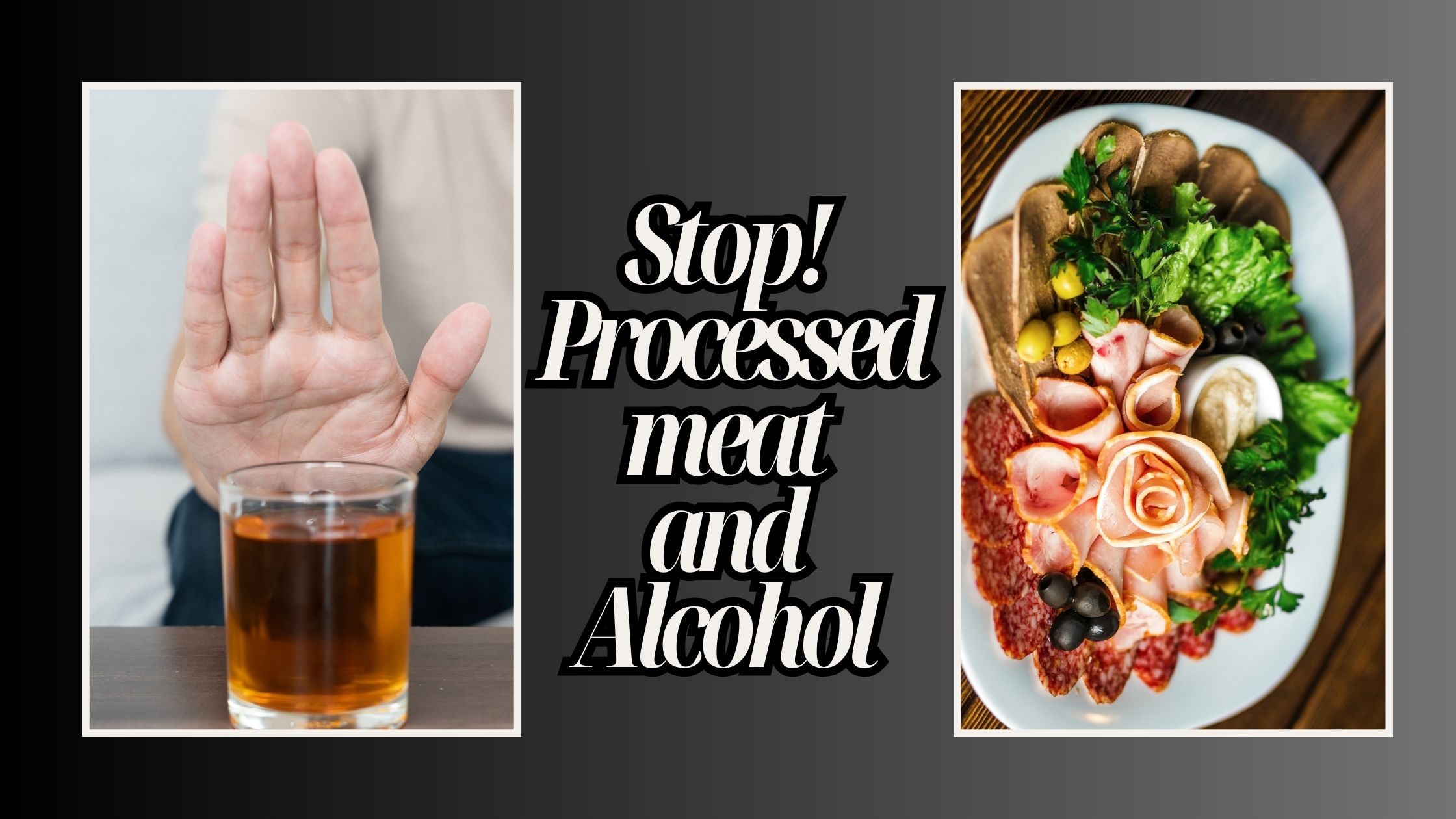The diet and lifestyle choices are essential for cancer prevention that require immediate attention. In this blog post we will discuss two main cancer causing key facts and recommendations that can have a significant impact on lowerng the risk of developing cancer.
Understanding Cancer Risk Factors
According to Nichole Andrews a renowned oncology dietitian and some other cancer experts, certain dietary habits can significantly increase cancer risk. Let’s take a look at the two primary offenders:
1. Processed meat: a dangerous option
The World Health Organization in the year 2015 classified processed meat as carcinogenic. Ham, sausages, hot dogs, and deli meats including roast beef and turkey are all included under the shed of processed meat by the researchers working at institutions like the University of Texas MD Anderson Cancer Center. Consuming these meats heightens the likelihood of stomach and colorectal cancers. Although not sure the researchers gave credit to nitrates and high temperatures used in the processing.

2. Alcohol Consumption: Unveiling the Risks
Alcohol, although used enormously worldwide as a regular beverage, increases cancer risk significantly, as confirmed by the Centers for Disease Control and Prevention (CDC). All of the alcoholic beverages like wine, beer, and liquor, are found to be associated with increased cancer. The list of type is quiet long including liver, breast, colon, mouth, throat, and esophagus. Acetaldehyde, a byproduct of alcohol metabolism inside our body, impairs DNA repair mechanisms, thus elevating cancer risk. The more alcohol consumed, the higher the risk—a compelling reason to reassess our drinking habits.
Dispelling Common Misconceptions
In our journey of cancer prevention, let’s clarify our misconceptions surrounding food and beverage choices:
- Energy Drinks: Although energy drinks and food dyes may be less likely to be related to cancer, concerns over toxic additives in them highlight the importance of cautious consumption. Regulatory bodies are addressing potential health risks associated with these products.
- Dietary Misconception: Eggs, dairy, and gluten are often questioned regarding their cancer risks. Extensive global research, as emphasized by Andrews, does not substantiate these concerns.
Making informed decisions:
A call for action In light of these findings, it is necessary to adopt an active approach to diet and lifestyle modifications:
- Embrace whole foods: To minimize the risk of cancer associated with processed meat products, preference should be given to fresh fruits, vegetables, whole grains, and fats.
- Check alcohol intake: Try to refrain or at least reduce the impact of acetaldehyde on DNA integrity, limit alcohol consumption.
- Educate and advocate: To dispel myths and promote informed dietary choices in your community, share evidence-based knowledge.
In conclusion, cancer prevention can be aimed with,
awareness. We can significantly reduce our risk of cancer by avoiding processed meat, reducing alcohol consumption, and adopting whole unprocessed food. With knowledge and a strong commitment to our health, let’s go on this journey.
Let us focus on our health and well-being, steering clear of carcinogenic dietary choices and promoting informed lifestyles. Today, your journey to a cancer-free future begins!


